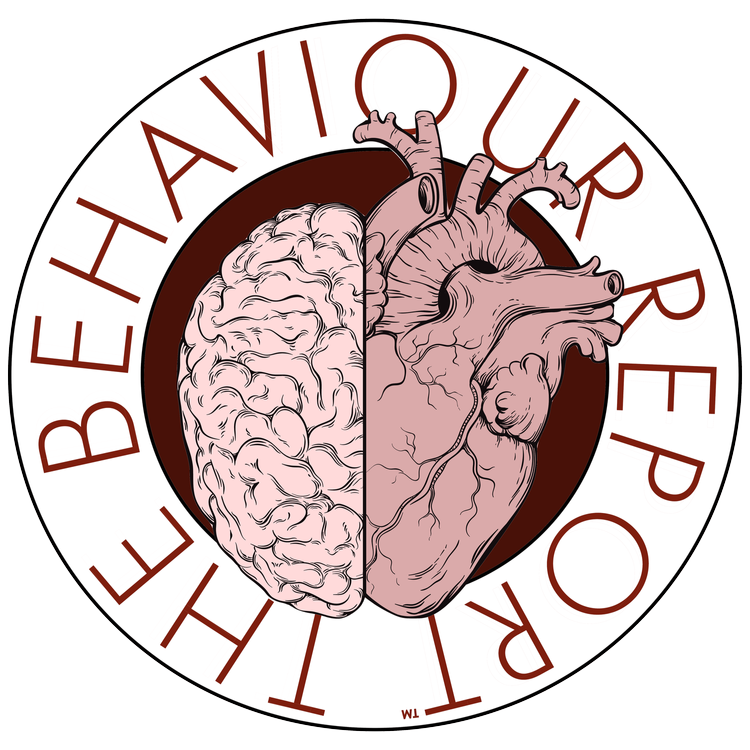Dan Gregory @DanGregoryCo
I really hate it when people say, “Can you ‘dumb it down?’” And even more so when it is followed up with, “Our people just aren’t that smart!” If you want to piss me off, that is a really predictable trigger. Or at least it was.
Recently, my business partner Kieran Flanagan gave me a useful reframe that has helped me communicate more effectively, to be more easily understood and to deliver greater results for my clients as a professional speaker, trainer and facilitator.
Essentially, she told me, “Your problem Dan, is that you think everyone must end up as smart as you, on your special subject, in order for you to feel like you’re a success. The truth is, they only need to be smarter than they were when they first met you. That’s a win!”
What Kieran did (and what she does quite regularly, if I’m being completely honest) is shift me from a judgement frame (i.e. our people aren’t that smart) to a translation frame (in other words, can I communicate to be understood not just to transmit information?)
I can’t begin to tell you how transformative and liberating this has been.
It reminded me of when I was at university studying the psychology of relationships and communication. The typical communication model we were presented with in text books at the time was terribly complex and usually involved some form of transmission, reception, filtered through interference, context and feedback.
However, one of the other members of the class proposed a communications model that looked like it had been designed by a five-year-old (I believe she was in fact a mother to a small child and this may have led to her choice of materials).
Her communication model consisted of cotton wool balls that had been fashioned into sheep (the people engaged in some form of communication), all randomly arranged in a pen made of used match sticks (the environment) with a goal of herding them all through a gate labelled “meaning”.
It was breath-takingly simple and still one of the most informative communications models I’ve ever seen.
The truth is, no one really wants me (or you) to speak to them in a patronising way, belittling their intelligence, or worse, insinuating that they have none. However, neither do they want communication that, while accurate, leaves them feeling less intelligent than before we started speaking.
This is a real issue for leaders, experts and consultants. We tend to go “all in” when it comes to sharing WHAT we know and spend less time than we should on the HOW we present it.
Sales-people make this mistake too. Our expertise can often get in the way of our communication and relationship building. We use jargon, assume knowledge and deliver with the cadence of an examiner testing intelligence rather than as a teacher sharing knowledge.
So, my advice is to not get too caught up in the judgment game of “dumbing it down,” but rather to play a little smarter yourself and learn how to bring people along for the ride.
